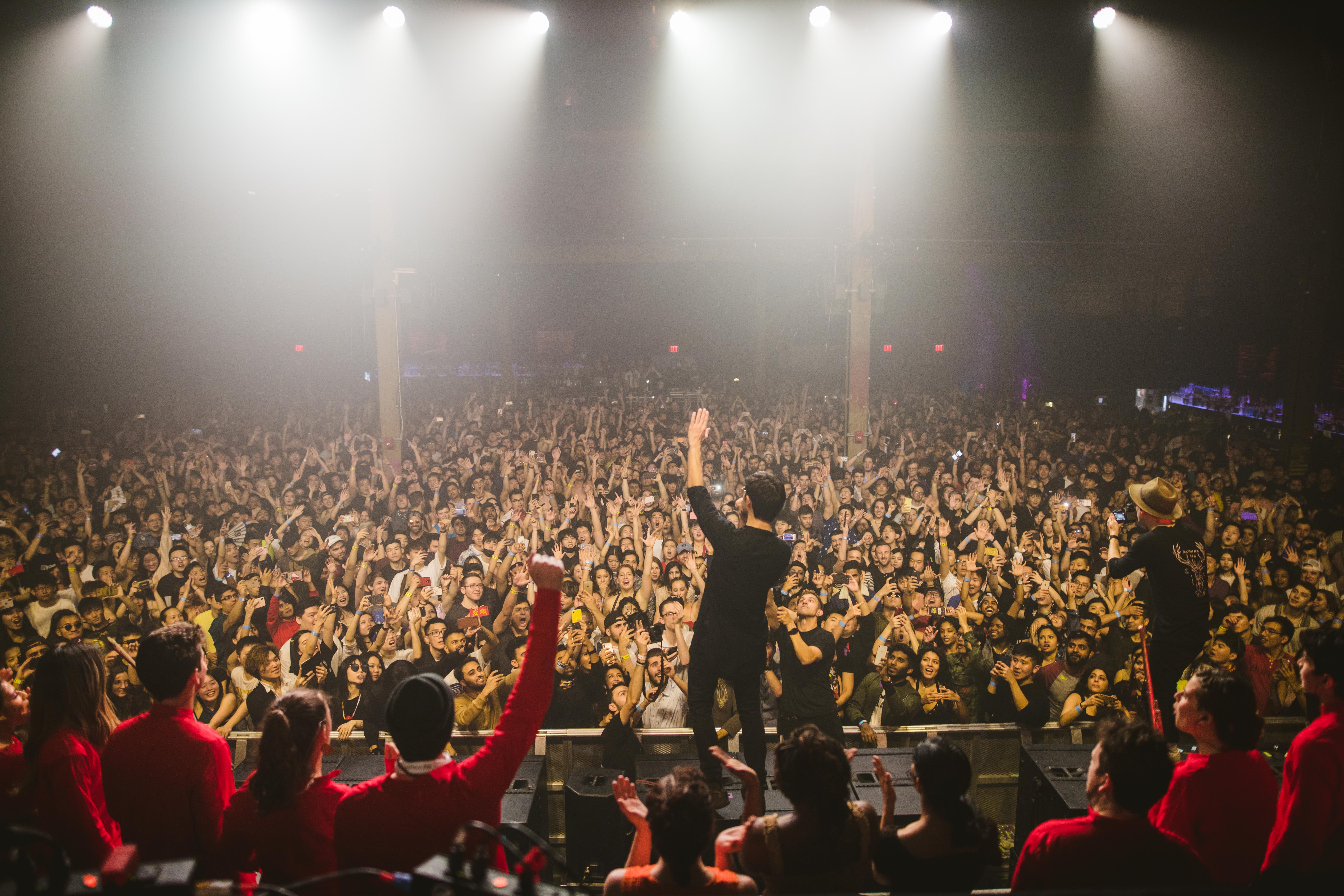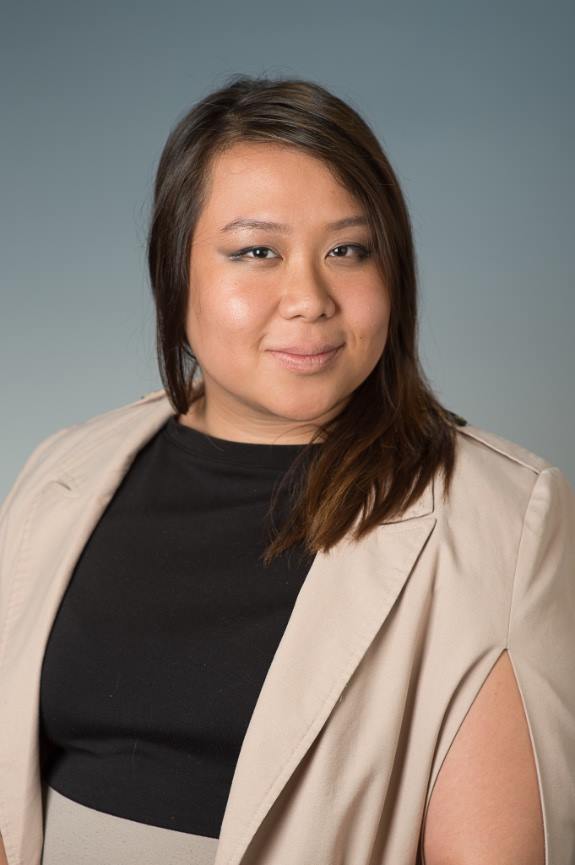Innovative enough to bring together his electronic digital music scores with an international orchestra but humbled by the roots of his ancestry; Niles Hollowell-Dhar seeks to find the connection in a ‘common language’ of music that unites people together at the speed of sound. KSHMR, as he is famously known by, has gained recognition for not only his prior work as a part of the duo, The Cataracs — but his solo work has garnered international acclaim for songs such as; ‘Megalodon,’ ‘Burn,’ ‘Karate,’ and ‘Wildcard.’ He is commonly known in the electronic dance music scene for producing with sounds from his homeland of India into diverse sets for his fans.
He now takes on a new endeavor by practicing with classically trained musicians, and bringing them before a live audience. Although not classically trained himself, he states that he ‘learned things slow’ as a kid who stubbornly did not want to take lessons but is now working vigorously with the musicians he has ‘orchestrated’ together for this performance. As a current top producer, he proudly takes further piano lessons as he works with instrumentalists.
Awarded with DJ Mag’s ‘Best Live Act’ accolade, KSHMR is debuted his very special orchestral experience at New York’s Great Hall at the Avant Gardner. This marked his first ever orchestral performance in the United States. KSHMR was joined on stage by a number of musicians playing various live instruments from around the world.
His collaborations recently have taken him to new creative heights; from teaching courses at Berkeley to working with new musicians under his label, ‘Dharma Worldwide’. His work with the Pakistani-American DJ Duo, the famous Yousaf sisters of Krewella has put an interesting unifying view on India/Pakistan relations with their new song, ‘No Regrets’. Obviously, with a name like KSHMR, the impactful irony is not lost.
Let’s get insight from KSHMR about the types of endeavors that has gotten him to this point in his career.
The song, ‘No Regrets’ brings about awareness to those afflicted with disabilities. That’s a pretty powerful message, yes?
The video does represent a real situation of someone who looks to his family who are accomplished physically but he himself isn’t. That story comes from someone I knew who loved the World Wrestling Federation, and he was bound to a wheelchair. I found that it was somewhat sad but also inspiring.
It’s also reality of life. That life can be this huge weight dropped on somebody. To see someone persevere through it is a beautiful story. It reminds you what human beings are capable of when pushed to the limit.
We often think that afflictions and situations are things that hold us back. Then you see people overcome that – like despite being in a wheelchair – then it could feel empowered too.
You bring a cultural and diverse experience to the electronic music scene What has it been like pioneering this alongside with other groups like Krewella?
For me, it’s been a big resource to – this huge arsenal of world sounds. India specific for me, I like to use instruments all over the world to stay excited about dance music. Computer sounds can be hard to find the soul.
What was it like to work other DJs of color — especially two women DJs of color of Pakistani heritage?
I think it’s rare in any kind of music that you get to dive into your heritage, and find a connection there. Music in and of itself is not bound by color and ethnicities. But when you do find somebody that you share that background with, you can relate over it and share about how your heritage serves you in that process.
We usually abandon what separates us when we make music – that that’s what makes unique music great. However, in this case we do have a shared heritage and that’s what drives this work.
Well, in working with the Yousaf sisters, do you discuss about the impact on what this synergy means internationally?
Music is the best place to work on unity. Politics is prohibited in music. No one wants to talk about the things that separate us. When you think of Pakistan and India – like Kashmir – you would think that these things don’t get a long.
But we were raised outside of that place and don’t have attachments to any of that conflict. We share some of the things that are cultural and ground level. Then when you look at that – there is little to distinguish; from food, take on life – we have a lot to share there.
You’ve mentioned before that your grandfather is from the Kashmir region; what are your thoughts on the ongoing conflict?
I really don’t have too many thoughts. Well, I think the fighting has led to a skewed perception of a land that’s really beautiful, and home to some of the most unique features of India and Pakistan. I think what makes that place beautiful is to get lost.
My relationship to that place is through my father, grandfather and grandma, and their stories paint a different picture for me of what they know. The mountains the snow, from what I’ve heard, it’s like a paradise.
You’ve mentioned before that a lot of your music has cinematic elements, and that being able to play with a live orchestra enhances that motif. What was it like ‘orchestrating’ and composing all of this together?
It’s amazing. I get to benefit from the incredible talent of these players who have mastered their instruments as they join me onstage with versions of my songs being put together by myself and Kevin Hastings, who is the music director. It really brings to life the cinematic quality of KSHMR that I’ve tried to include in my songs. When you have people who are truly masters of their instruments, you get a result that was previously unimaginable to me.
Are you classically trained in any instruments?
No, I sort of repelled any classical training when I was younger, and was not interested in a formal path in music. I learned on my own – just from the information I could find on the internet. In retrospect – I wish I had. Now, as a producer, I have started to take piano classes. I feel like I would’ve saved a lot of time. As a kid, I was pretty stubborn, and anything that felt like an obligation seemed at odds with my passion for music.
My own stubbornness cost me a lot of time now when working with these instrumentalists. I learned things slowly. It was the only way I could learn when I was younger.
Thoughts on when you’re now working alongside these instrumentalists?
We work together in understanding each other with the common language that is music.

Photo Credit: Cory Hammons, Altamira Film Co.

